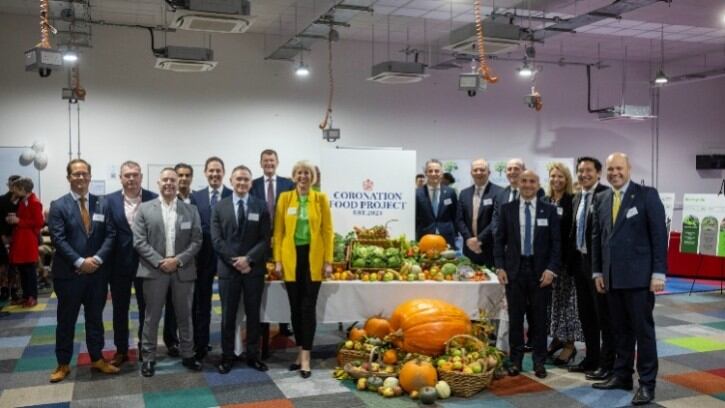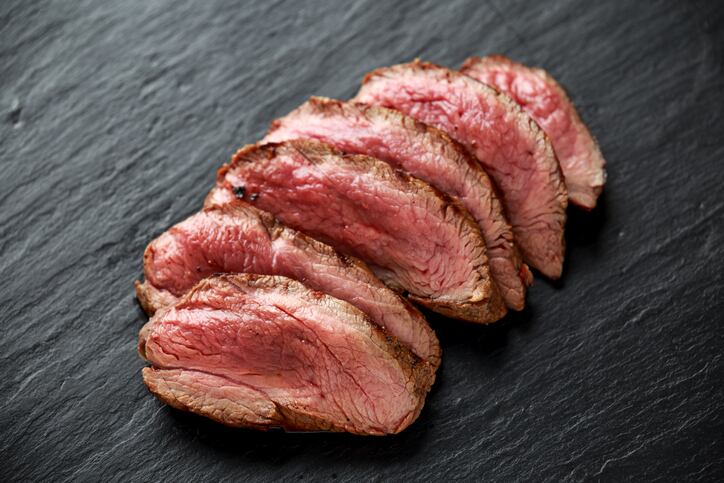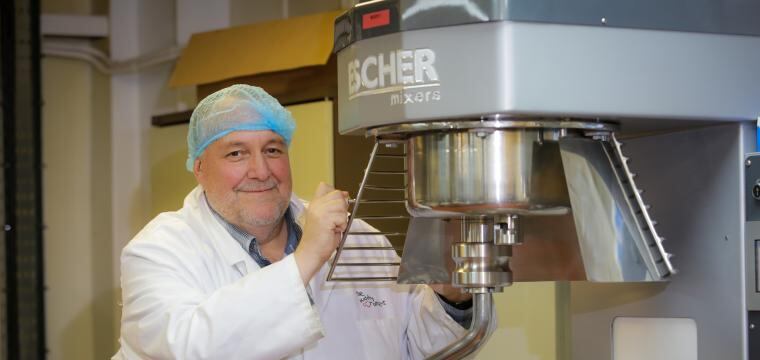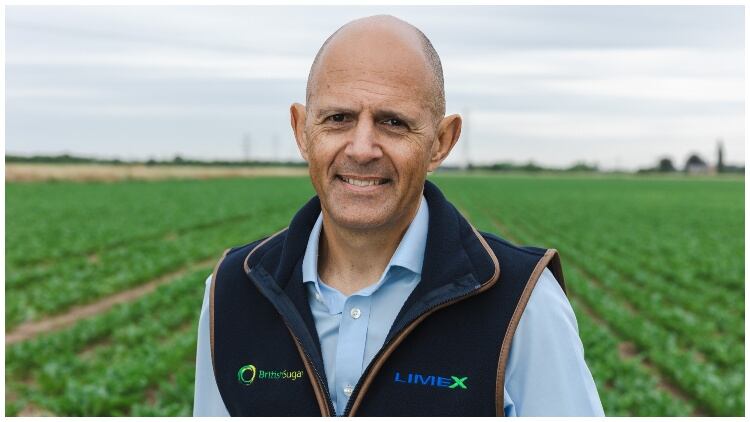King Charles III recently marked his 75th birthday with the launch of the Coronation Food Project – a royal initiative to tackle food waste in the UK.
The King has never been shy about his keen interest in the environment and his lifelong dedication to sustainability. Indeed, during six decades spent as monarch-in-waiting, he has remained hugely vocal about minimising human impact and protecting the planet for generations to come.
It may, therefore, come as little surprise that the King has launched an initiative to help reduce the colossal amount of food waste produced in the UK. After all, it seems almost obvious that such a public champion of sustainable best practice is keeping a close eye on one of the world’s greatest environmental concerns.
But what does the project entail and what benefits could it bring? What’s more, will it prove a huge waste of money, or a real game-changer in the war on food waste.
Reducing waste through redistribution
The Coronation Food Project seeks to tackle food waste and insecurities across all four nations of the United Kingdom by rescuing surplus food and redistributing it to those who need it most. Coordinated by the King Charles III Charitable Fund, the landmark initiative centres around three pillars: saving surplus food, supercharging food distribution networks and delivering a flexible funding programme to support other pioneering food-rescue initiatives.
Building on existing networks, including those operated by The Felix Project in London and FareShare, the project aims to build eight food hubs with the capacity to redistribute millions of meals per year. Each hub will boast a fleet of vans to collect surplus ambient, chilled and frozen food from the food industry; facilities to store it; kitchens and processing equipment to turn it into meals; and a logistics network to facilitate redistribution.
But while it’s positive to see that food waste has made its way to the highest levels of the royal agenda, there’s still an alarming lack of concern for the unavoidable fraction.
Tackling the unavoidable fraction
Every year, the UK throws away an estimated 9.5 million tonnes of food waste. It’s the most (by volume) generated across Europe and it comes at a cost of more than £19 billion per annum.
While reduction, re-use and redistribution can tackle the avoidable fraction, what about the bones, gristle, shells and spoilt produce that simply isn’t fit for human consumption? After all, according to the EPA, if this waste is left to rot in landfill, it will release greenhouse gases considered 21 times more damaging to the environment than CO2.
Fortunately, there’s a sustainable alternative – food waste recycling. Delivered on an industrial scale, the process harnesses anaerobic digestion (AD) to capture the biogas released during the natural degradation of food. This biogas can then either be combusted to generate renewable electricity or upgraded and injected directly into the gas grid.
Even the resulting digestate can be used to create a sustainable bio-fertiliser, which allows beneficial nutrients to be reintroduced back into the beginning of the food chain – nothing goes to waste.
As the UK’s leading food waste recycler, ReFood’s three state-of-the-art AD facilities process 480,000 tonnes of food waste each year. While the electricity and gas generated at our facilities helps to further reduce national reliance on fossil fuels, we also produce a sustainable biofertiliser – ReGrow – which is used by local farmers as an alternative to conventional chemical products.
Avoiding a missed opportunity
It’s fair to say that The Coronation Food Project is another positive step forward in the war on food waste. We will continue to follow its progress with interest and hope that HM King Charles III can once again lead the way.
However, redistribution initiatives alone aren’t enough to win the war on food waste. Indeed, no amount of reduction, reuse or redistribution can tackle the unavoidable fraction. It’s therefore essential to prioritise food waste recycling wherever possible. While not the silver bullet, it’s a simple and sustainable solution that can drive impressive impact.
In other news, Food Manufacture spoke to the new managing director of British Sugar about his vision for the business.




